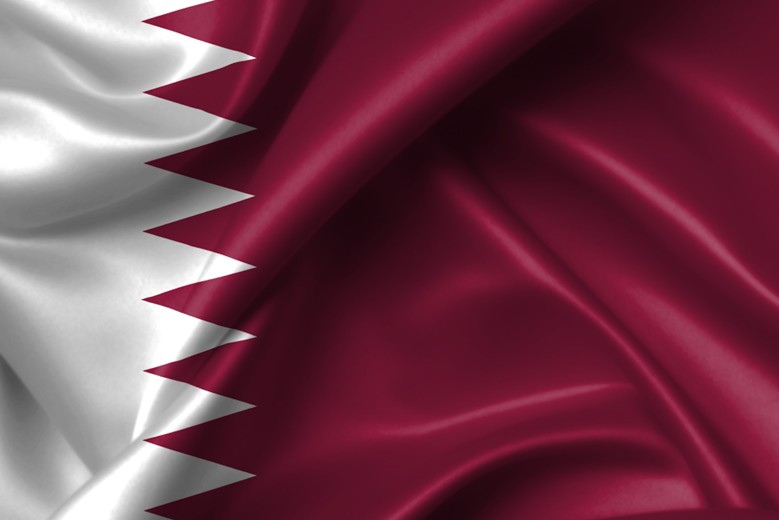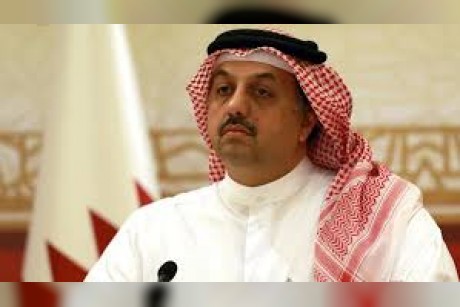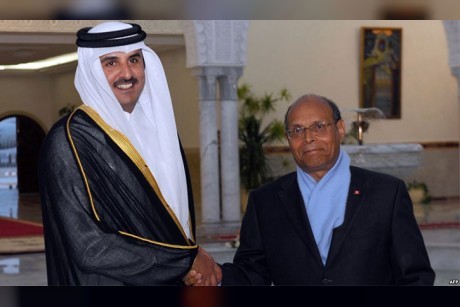The picture is clearer now that Qatar, following months of obduracy and procrastination, issued a terror blacklist, similar to one issued by the anti-terror quartet — Saudi Arabia, the United Arab Emirates, Bahrain and Egypt.
The Qatari list included 19 people in all: 11 Qataris, one Saudi, four Egyptians and two Jordanians. A number of organizations which the anti-terror quartet had blacklisted were also included in the Qatari list, such as Yemen’s Ihsan Charity Association, Egypt’s Wilayat Sinai and six Qatari entities, including the Al-Karama organization.
The UAE’s Minister of State for Foreign Affairs Anwar Gargash commented on Qatar’s move on Twitter: “The Qatari Interior Ministry issued a terror list that includes 19 people and 8 entities. The list includes 10 people whom the boycotting countries previously included in three of the terror lists they issued. Overcoming pride, Qatar has confirmed the evidence against it, and that its support of extremism and terrorism lies at the core of its crisis.”
In June 2017, Saudi Arabia, Egypt, the UAE and Bahrain decided to ‘boycott’ Qatar diplomatically, closed all land, air and sea routes to it (barring a few exceptions), and declared that Qatar’s authorities support destructive groups, armed Islamist militias, both Sunni and Shiite, and other organizations that seek to spread tension and strife through Arab and foreign media platforms, either in the name of democracy or in the name of jihad and the Islamic revolution.
An audacious approach
To address this Qatari role, which has been destructive since 1996 at the political, media, social and security fronts, the Arab quartet issued terror lists naming individuals, groups and institutions in Bahrain, the UAE, Egypt, Saudi Arabia and in Qatar itself.
The Qatari media – or rather the propaganda wing of the Muslim Brotherhood –adopted an audacious approach through European organizations which were infiltrated by Muslim Brotherhood activists along with some “leftist groups” who stoked hatred against Egypt, Bahrain, Saudi Arabia and the UAE long before the crisis with Qatar erupted. Iranian networks across the globe invested in this problem with Qatar out of their sense of enmity towards Saudi Arabia and not out of their love for Doha.
Quartet officials bided their time as Saudi Crown Prince Mohammed Bin Salman said that the quartet is not in any hurry over the Qatari issue and that nothing will change unless the reasons for severing ties are resolved. One of these most important reasons is Doha’s support for groups and individuals that harm both itself and the quartet and undermine the security of all Arabs.
Does Qatar’s change of tack as regards those groups whom the Arab quartet categorizes as terrorists mark the first sign of Qatar’s awakening from its stupor of blind stubbornness? This would be a good omen and the first step towards restoring sensibility. Who could disapprove of Qatar from healing from this ailment?



